By Syed Shahabuddin
(The writer is a Swat-based columnist and analyst. He can be reached at syedshahab9@gmail.com)
Each time I pick up my pen, I am confronted with a question: which pain should I put into words? Should I talk about the burden of inflation or the rising tide of unemployment? Should I write about the agony of load-shedding or the indifference of the Government? Today every face is full of unanswered questions, every door seems draped in despair, and each passing day brings with it a fresh set of trials. This column is not just a piece of writing. It is a form of quiet defiance. These words do not merely express thoughts; they carry the voices of countless people who are suffering silently but refuse to be silenced. When pain is alive, its voice cannot be smothered. If we surrender our voice today, we may end up burying our rights along with it. We are told that the state is like a mother, one that protects and nurtures its children. But in our reality, the moment a citizen dares to solve their own problems, the Government intervenes and criminalizes their efforts.
Electricity, which should be a basic necessity, has become a source of constant misery. The monthly bills, loaded with fuel adjustments, surcharges, GST, income tax, and the Neelum-Jhelum surcharge strike like financial hammers. In return, the public receives erratic supply, low voltage, poor infrastructure, and stifling darkness during the peak of summer. In such circumstances, when an ordinary citizen like Zaid installs two solar panels, a battery, and a few small fans from his limited savings, it represents a step toward self-reliance, awareness, and hope. But even that modest effort is treated with hostility. In the 2025–26 federal budget, the government imposed an 18 percent general sales tax on solar panels. The message is clear: if you buy electricity from government-approved companies, you are fine. But if you dare to produce it yourself, you will be punished. To make matters worse, the government has also imposed an 18 percent tax on online shopping, restricting both choice and affordability. It appears that the state wants obedience, not convenience. Meanwhile, under the label of a carbon levy, plans are underway to further increase taxes on petroleum products. This will inevitably raise the cost of transport, inflate food prices, and trigger yet another wave of hardship for ordinary families. The question that arises is simple: if the Government truly sees itself as a mother, why is sacrifice always expected only from the children? Why must the citizens continue to suffer while the ruling elite enjoys the luxuries of high-end vehicles, large protocol entourages, foreign trips, air-conditioned offices, and endless perks? The people are constantly told to be patient but where is the end of that patience? Why should endurance be a one-way street?
Islamic history offers us a very different model. During the time of Ruler ( Khalifa) Abu Bakkar (RA), the amount he received from the state treasury was just enough to meet his basic needs. When his wife managed to save a small amount from that modest income, he questioned where it came from. Upon hearing that it was a minor saving, he decided that his allowance from the treasury should be reduced and it was. That is what it means to be a leader who serves the people rather than ruling over them with extravagance. In contrast, today’s policies seem built on a single pattern to extract more from the public while giving back less. Electricity bills continue to rise, solar power is being taxed, fuel prices are manipulated, and even online shopping is no longer safe from government levies. Inflation has become a recurring nightmare, and the public is being forced to bear its full weight. Are the people now nothing more than machines designed to pay bills and taxes? Have their rights simply disappeared? Is this what democracy looks like to collect votes and then push voters into a fire of suffering and silence?
This is not merely a financial crisis. It reflects an entire mindset, one in which the people are expected to make sacrifices while the rulers preserve their privileges. The people of Pakistan must reflect on this, must raise their voices, and must come together. Because if we do not speak now, even our right to speak may soon be taken away. And who knows, perhaps the very air we breathe might be taxed next. The people are not making unrealistic demands. After years of hardship and sacrifice, they simply want stability in electricity supply, bills that can be paid without fear, a marketplace where items are not burdened by hidden taxes, job opportunities that come with dignity, and a government that practices the same austerity it preaches to the people. Above all, they want a system where finding independent solutions to daily problems is not treated as a crime.
These hopes can only be fulfilled if the government takes serious steps to reduce corruption, control line losses, and eliminate unfair surcharges. It must support local energy production like solar rather than punishing those who invest in it. Unnecessary luxury protocols, expensive foreign visits, and elite perks must be reined in. Essential items must be subsidized for those in need, and not taxed across the board. Greater investment in agriculture, small businesses, and local industries can reduce imports and generate much-needed jobs. Above all, the public must be shown where their taxes go with open audits and transparency in major projects. If None of this is done, then the people have every right to ask: if self-reliance is a crime, who among us is truly innocent?

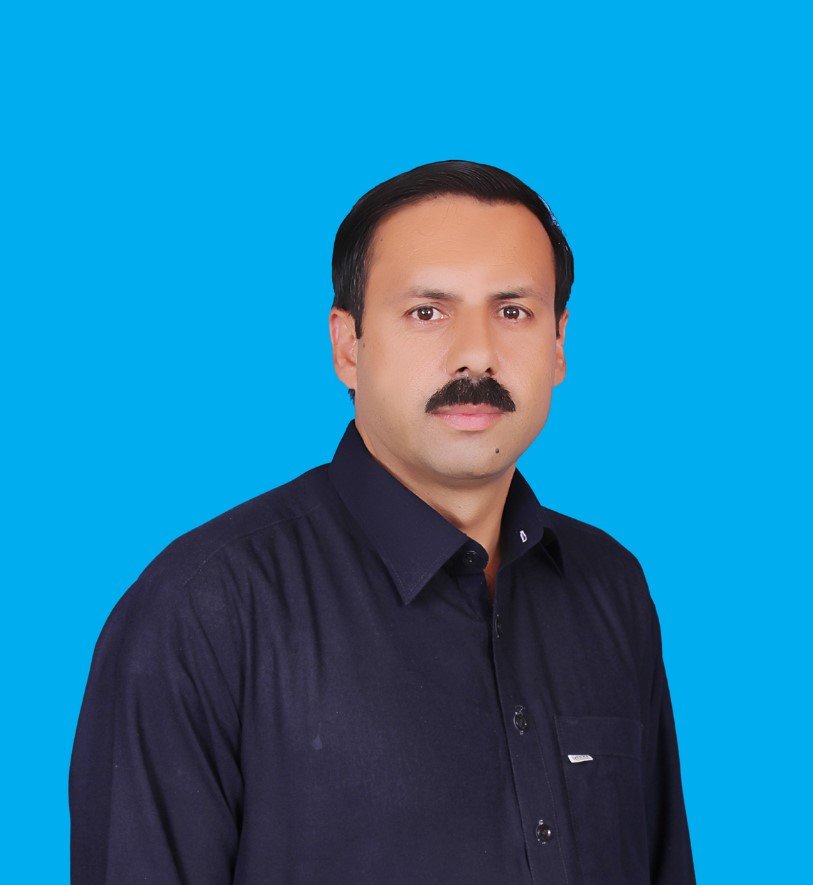
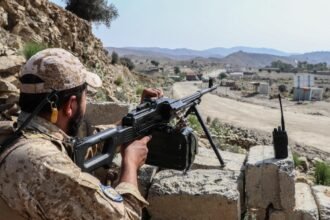
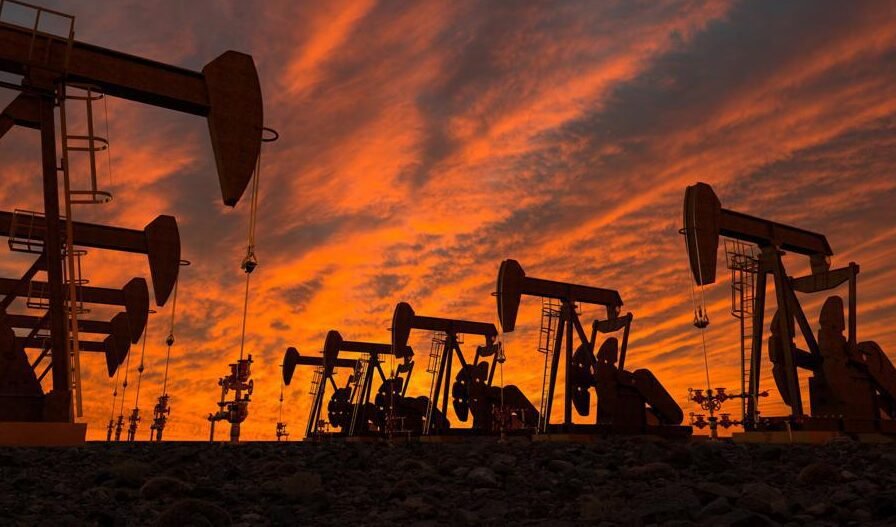
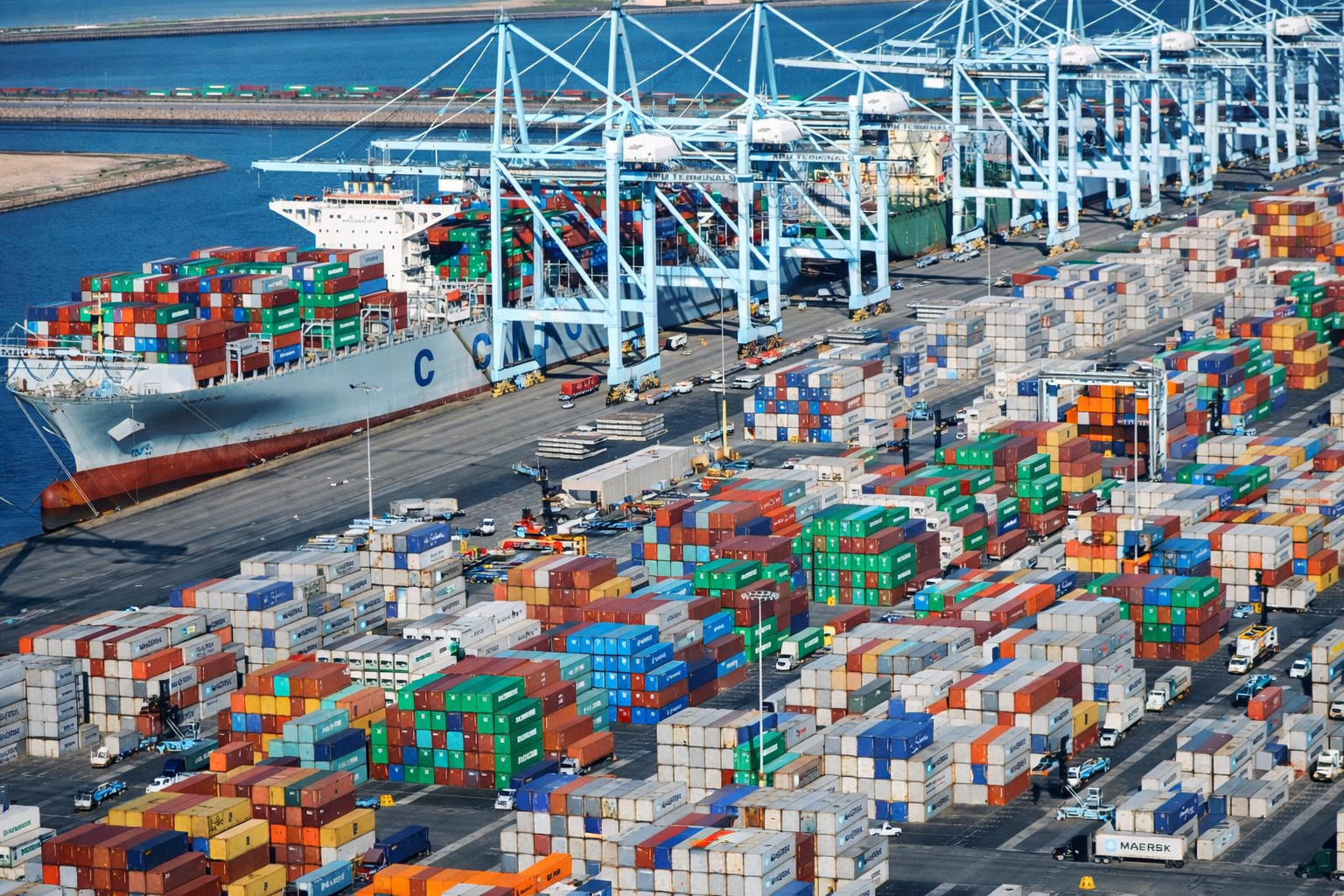
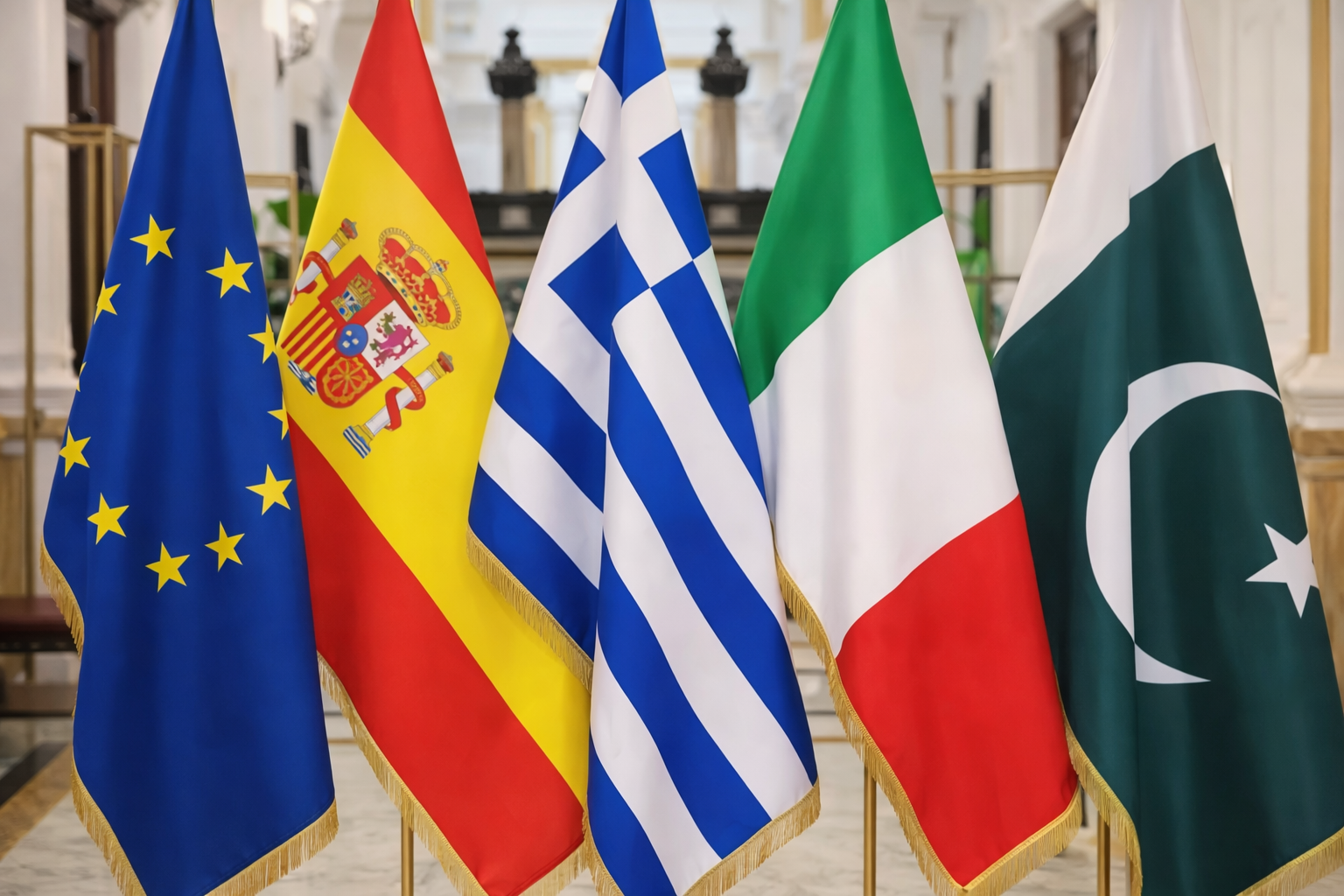
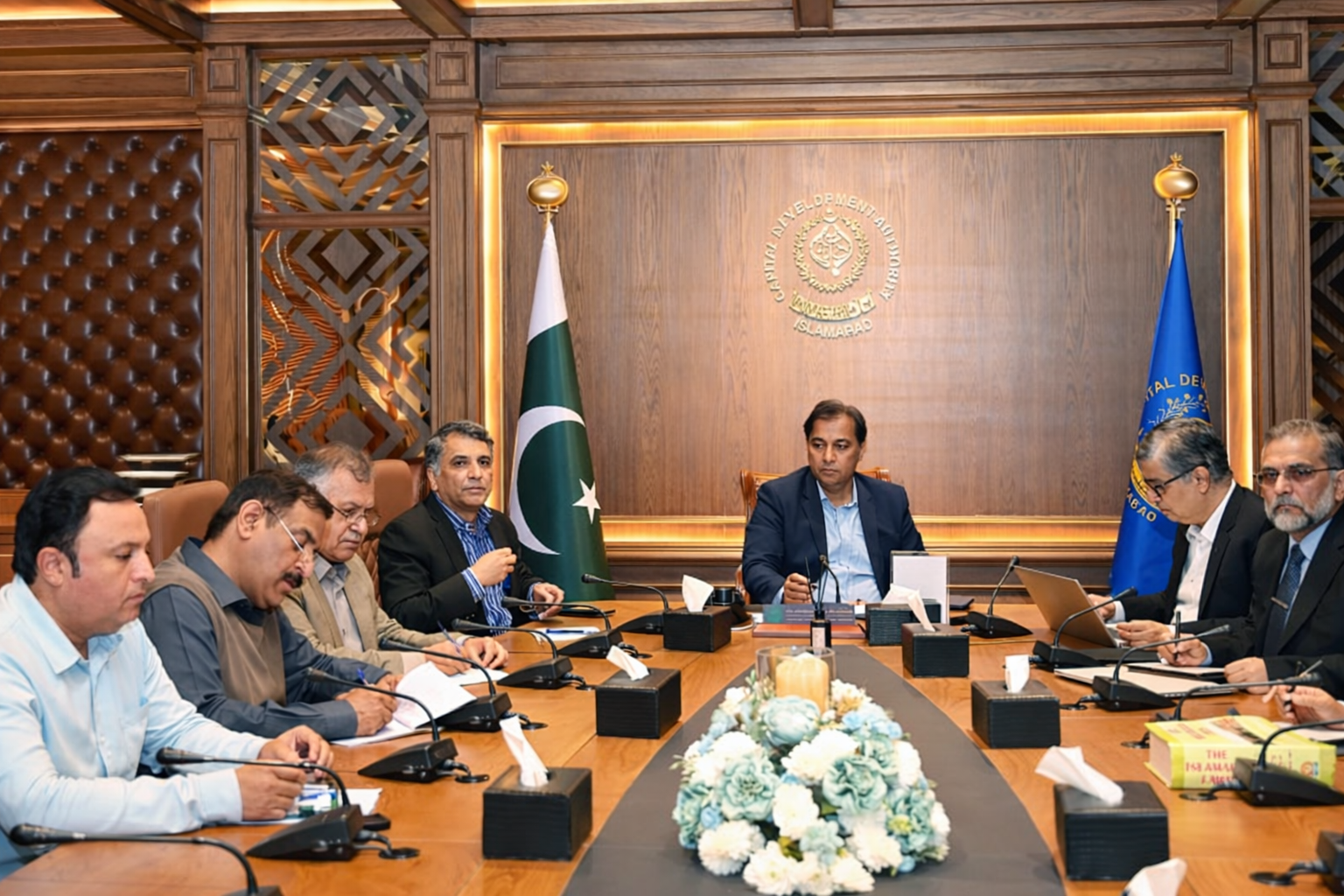
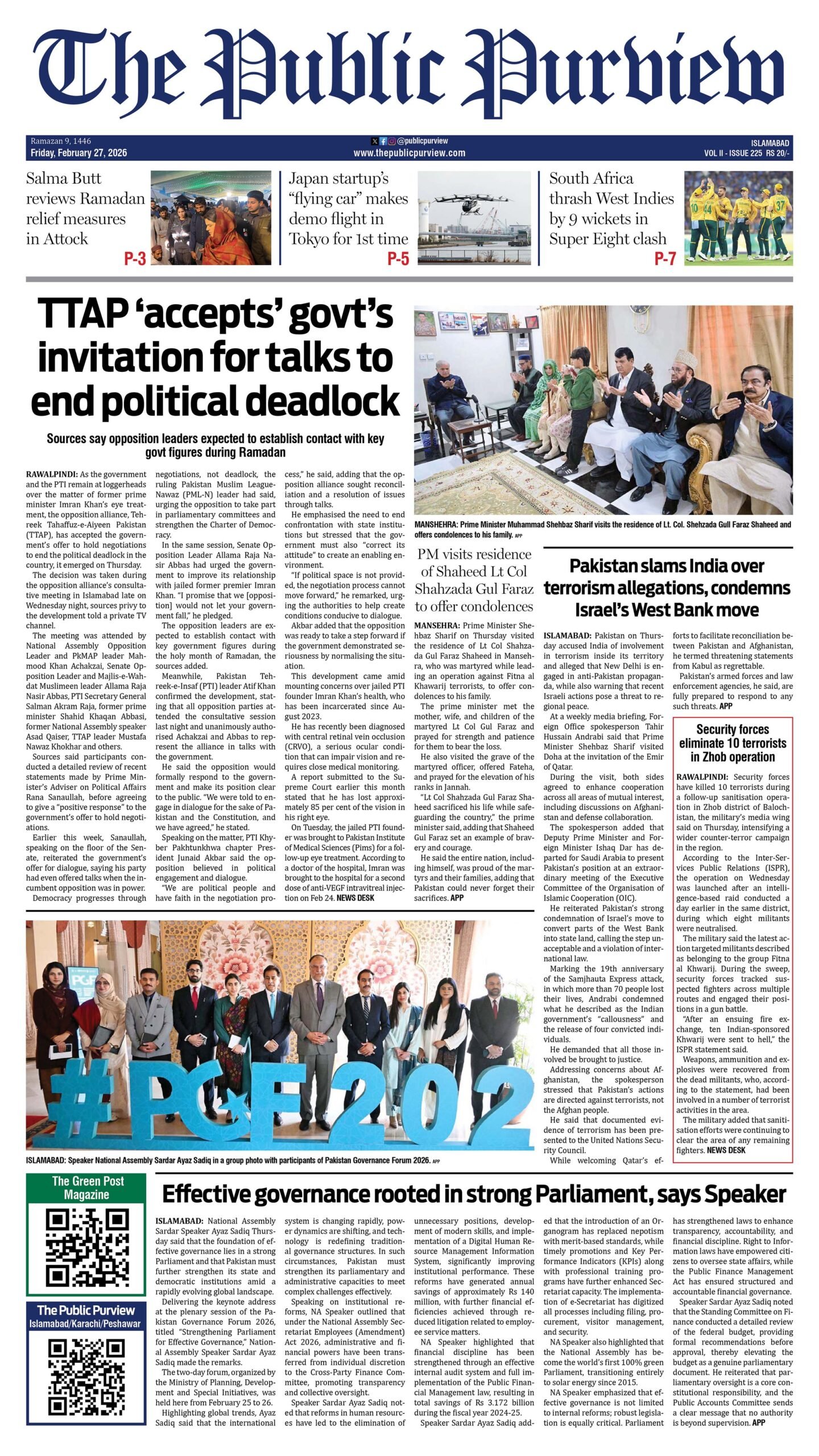 Today's E-Paper
Today's E-Paper